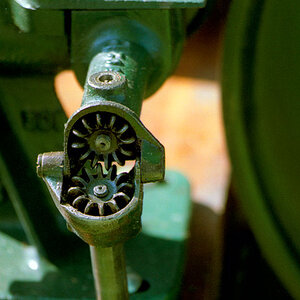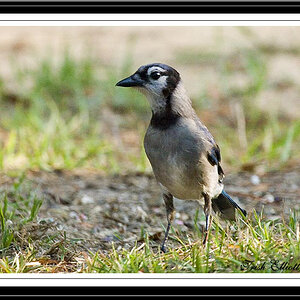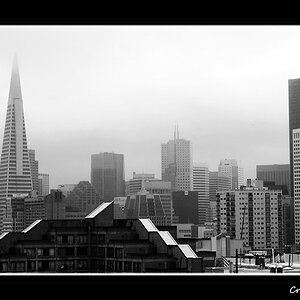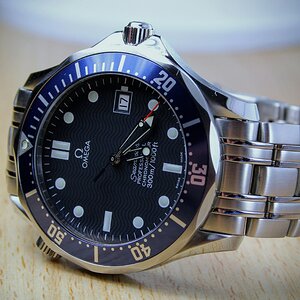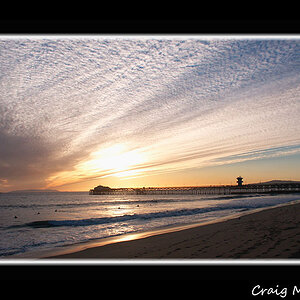timlair
TPF Noob!
- Joined
- Aug 14, 2010
- Messages
- 225
- Reaction score
- 1
- Location
- Kansas City
- Can others edit my Photos
- Photos OK to edit
So I've only recently gotten into photography but the one thing all my photography friends tlk about a lot is filters. I've been browsing lately and there are just SOO many to choose from. Which ones do you have and which ones do you consider a "must-have"?
PS. So far I have a ND 2-stop (ND4), and of course a UV(Sunpak if you must know).
PS. So far I have a ND 2-stop (ND4), and of course a UV(Sunpak if you must know).



